-- http://www.outlookindia.com/article.aspx?269936
Patrick French's forthcoming book, India: A Portrait—An Intimate Biography of 1.2 Billion People, takes up the story of India where he left it in Liberty or Death, examining the many unpredictable ways in which India's vibrant democracy is unravelling. Excerpts from an interview with Sheela Reddy.
So what is new in your portrait of the emerging India?
The question I've tried to answer in this book is: Why is India changing the way it is? What are the historical roots of that process? There is a process of transformation happening in each of the three areas I write about—political, economic and social. And it seems to me that the social changes that stem from economic change are incredibly creative and unmatched by that in any neighbouring country in Asia. Whatever may be wrong with India, I don't think there are many Indians who would rather be living in one of the neighbouring countries. It's in the political sphere that there is stagnation because of the growth in nepotistic politics, but economically and socially, there is a process of transformation happening. You only have to look at the position of Indian women before Independence to see how strong that process of change has been. For example, you have that debate about purdah, where Gandhi, Nehru, all the leaders are saying this is an archaic custom that has to be dispensed with. Then there's the revolution happening in the 1930s, '40s and '50s—and yet the same debates have not been played out in European countries. You are probably more likely to see someone dressed in a burqa on the streets of London than in Delhi.
So you think, unlike in the past when it was politicians who brought about social and economic revolutions, it is the rapid social and economic changes that we are undergoing that will transform the political sphere?
I do think that. I was surprised by how interesting some of the ideas coming from people who are involved in business are. I think the problem with politics is that it's very easy to get caught in a rut where you use certain words like socialism or Hindutva or secularism and those words become all-defining.
|
I think the central part of the process is the fact that the founders of the nation after Independence decided to have universal democracy where everybody got the vote. And so the rise of a politician like Mayawati was probably inevitable once a certain amount of time had gone by. You'd have writers and historians in the 1960s and '70s saying why is it only a certain kind of politician is emerging. But it's almost as if democracy took a certain amount of time to unravel so that you got different castes and regional movements forming alliances, which then resulted in the situation you have now, where no party can come to power at the Centre without the support of some kind of coalition. I think that process has quite a long way to go—to see what kind of leaders we will have 20 years from now. This is quite separate from nepotism and family politics.
You also seem to think that, a few years from now, politics will become completely hereditary?
I was quite surprised by the results when I did that survey of the Lok Sabha. I did not expect the data to be so overwhelming—the fact that, for example, every MP under the age of 30 is hereditary. I don't think it's a bad thing having political families in any democracy. The problem really is the scale of what is happening. For instance, the quite inspiring grassroots leaders who came up in the past—certainly in the Congress—would have no chance of winning a ticket for a Lok Sabha seat now. You have this ironic situation where democracy is deeply entrenched and yet, at the same time, for the top reaches of certain parties, you have to be the son or daughter of an existing leader in order to get anywhere.
|
My expectation is that the trend towards family politics will, over the next decade, prove so unpopular that there will be a backlash against it. I think probably, even in the more nepotistic parties themselves, there is a recognition that this is a very serious problem. We can't be certain whether the trend will reverse, but Indians will have to decide whether to be ruled by hereditary leaders or by people who have risen purely on talent or merit.
Let me ask you the same question you asked Sunil Mittal, the Airtel chief: 'Do you think the economic revolution has helped only a handful of clever, lucky business people?'
I think that's the standard Leftist critique, but the reality is that if you travel in large parts of India, you see there is a complete shift in people's aspirations—in what they feel they can and might achieve for themselves and their families. I mean, the dynamism in certain businesses, and the kind of economic creativity (on display), show that it's wrong to say that it benefits only a handful of people. Of course, about one quarter of the population is left out of the process, but the reality is that, since economic liberalisation, several hundred million people have been taken out of extreme poverty. And that is a phenomenal turnaround.
You give the example of the Aarushi murder case to illustrate how, like the political system, our police is not keeping up with the rapidity of change that India is undergoing?
Absolutely. The investigation of both criminal and corruption cases is failing completely to keep up with the way India is changing at the moment. I happen to know Dr Rajesh Talwar because he was my dentist and also the dentist of my wife's family. Also, my wife's uncle had been his lawyer. It was by chance really that I saw this case so close up. But even in the reports in the media in the last few days, you can see how the CBI is willing to assassinate a man's character based on completely bogus stories. The oddity about the initial police investigation was that Noida is an aspirational city and yet the murder was being investigated by Uttar Pradesh police officers who were clearly incompetent. Once the case was handed over to the CBI, you can see again that it was dealt with in this vague and incompetent way. The result is that the killer has not been found yet and the Talwar couple have had their reputation destroyed.
So what's the shape you think India will take 20 years from now?
I think the process of transformation and the process of political empowerment of people from lower-caste backgrounds is going to grow a whole lot further. One of the things that is very noticeably different between India now and 20 years ago is the way people are not willing to be put down. People at almost every level feel they have the right to demand what they want. That's what's going to be interesting to watch. It's almost as if people are able to take control of their destiny in a way that was very difficult 20 years ago, when the job opportunities open to them were extremely limited. I give an example of an adivasi man from Maharashtra who has ended up as the cellar master of a winery. And he is someone who—20 years ago, or even 200 years ago—would have been a day-wage labourer with no prospects. In the past, whatever he did, he would have known he was going nowhere. Whereas today, with a little bit of luck, he has found the opportunity to go somewhere.
| Also In This Story |
Authors: Sheela Reddy
People: Patrick French
Tags: india | Democracy | Dynasties | Politics
Section: Cover Story
Subsection: Interviews
Places: India
| |||||||||||||||||||||||||||||||||||||||||||||||||||||||||||||||||||||||||||||||||||||||||||||||||||
| Money | |
| Business | |
| Traveller | |
| Careers 360 | |
| Syndicated Content from: Pathfinder Publishing Pvt. Ltd. | |
| ||||||
| ||||||
| ||||||
| ||||||
| ||||||
| ||||||
| ||||||
| ||||||
| ||||||
| ||||||
| ||||||
Pl Read:
http://nandigramunited-banga.blogspot.com/



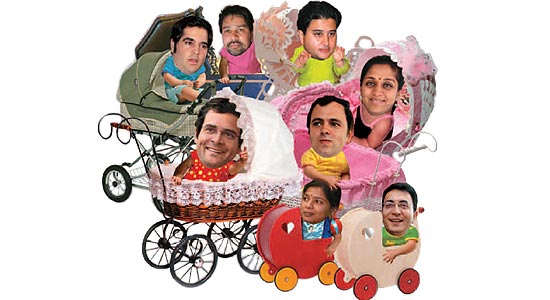
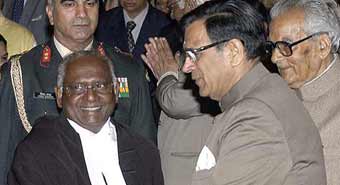
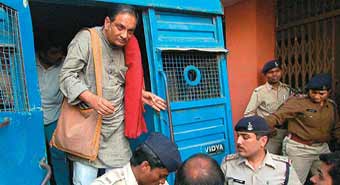
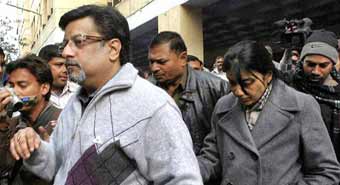
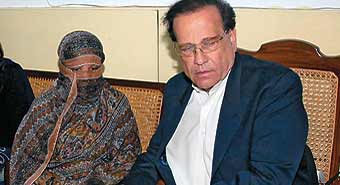
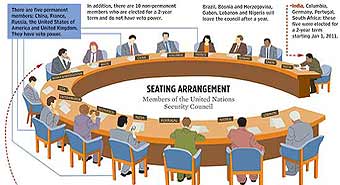





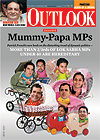














No comments:
Post a Comment